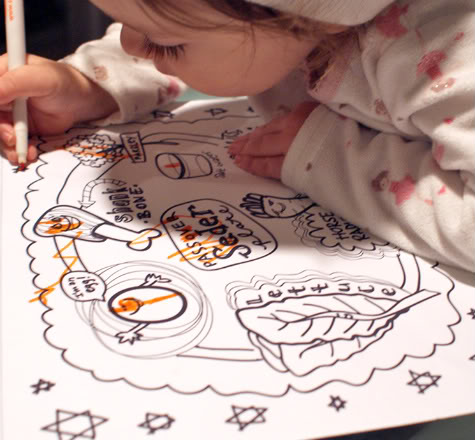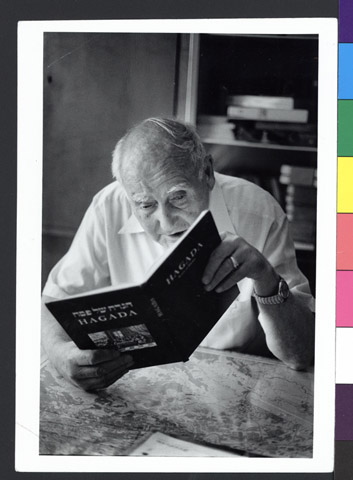- Pulished by
-
AD Media at
-
April 03, 2023
Pesach, or Passover, is one of the most significant holidays in the Jewish calendar. The holiday originated in the Torah, where the word Pesach refers to the ancient Passover sacrifice (known as the Paschal Lamb). It is an eight-day festival that celebrates the deliverance of the Israelites from slavery in Egypt. According to tradition, the Israelites crossed the Red Sea on the seventh day of Passover, which is known as “The Song of the Sea.”
Passover Dates
The holiday of Pesach, or Passover, falls on the Hebrew calendar dates of Nissan 15-22. Pesach 2023 (Passover) begins before sundown on Wednesday, April 5, 2023, and ends after nightfall on April 13, 2023. Pesach in the Coming Years 2024: April 22-30 2025: April 12-20 2026.
Spiritual renewal and reflection during Passover
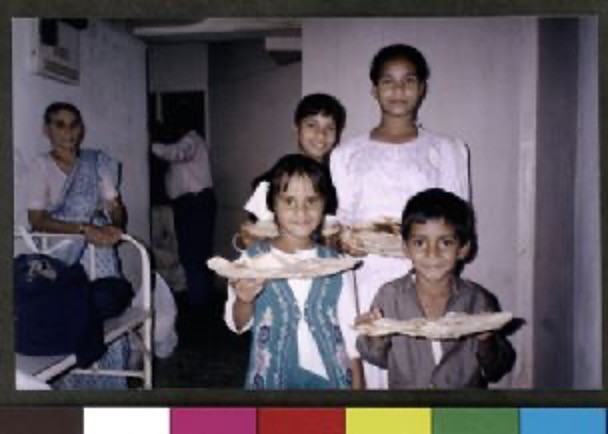
During the first two nights of Passover, families gather for a special Passover meal called the Passover Seder, a feast held on the first night of Passover that marks the beginning of the holiday. Some Jewish diasporas also hold a Seder on the second night of the holiday. The Seder is a time for prayers and food, which symbolize the bitterness of slavery and the sweetness of freedom.
It is also a time to tell the story of the exodus from Egypt, which is the central narrative of the holiday. Passover is celebrated as the “Festival of Freedom.” The first two days of Passover (from sundown of the first date listed until nightfall two days later) are full-fledged, no-work-allowed holiday days.
Why can’t you eat bread during Passover?
The Seder includes many rituals and traditions that have been passed down through the generations. One of the most important symbols of the Seder is the matzah or unleavened bread. For the entire duration of the holiday, it is forbidden to eat leavened food products (such as bread, pasta, etc.). The reason for this is that in their haste to escape, the Jewish people did not have enough time to wait for the bread to rise.
Symbolic foods eaten at the Seder are maror (bitter herbs, usually horseradish, a reminder of the bitterness of slavery), saltwater (symbolizing the tears of the slaves), charoset (a sweet paste made of fruit and nuts, symbolizing the mortar the slaves used to build the Egyptian pyramids), zeroah (shank bone represents rebirth. Besides an intact egg on the Seder plate, some families eat a mixture of chopped hard-boiled eggs mixed with salt and water. Chazeret: A bitter lettuce or root vegetable (often Romaine lettuce), to represent the pain felt in Egypt.
A popular breakfast food during the holiday is matzah brie (matzah soaked in water, dipped in egg, and fried). Sephardic Jews have different kosher rules for Passover than Ashkenazi Jews. Sephardic Jews allow legumes (kitniyot), nuts, corn, and rice to be eaten, while Ashkenazi Jews do not.
The Four Questions.
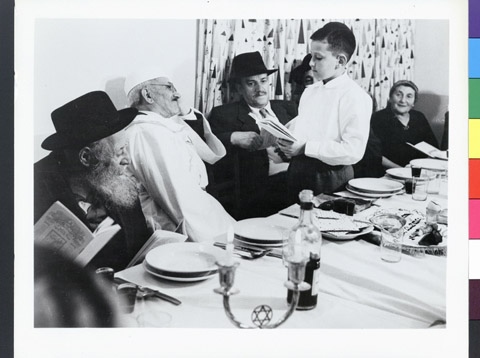
Children play a significant role during the Passover Seder. The prayer “Ma Nishtanah” or the Four questions are asked by the youngest person at the table. The questions ask:
Why is this night different from other nights?
Why do we eat unleavened bread?
Why do we eat bitter herbs?
Why do we recline on Passover?
Passover activities for kids: Crafts, puzzles, and storytelling
The Passover holiday can be a wonderful time to gather with family and friends and enjoy Passover foods, but keeping kids at the table during the Seder can be challenging. Here are some activities to keep kids engaged with the seder:
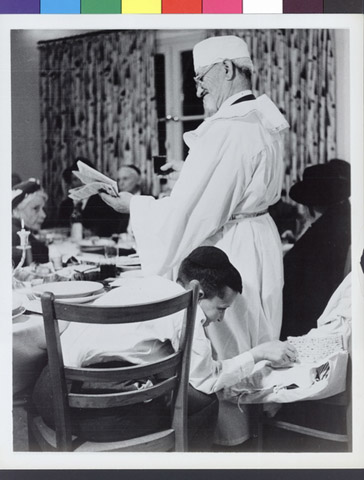
- Find the Afikoman: The Afikoman is a piece of matzah that is traditionally hidden during the Passover Seder and then searched for by the children. The person who finds it receives a prize or a reward. This tradition is symbolic of the hiddenness of God’s presence in the world and the search for spiritual meaning.
- Passover Bingo or encourage kids to make Passover-themed crafts, such as making their own Matzah covers or Seder plates, which they can use during the Seder.
- Passover-related puzzles such as word searches or crosswords. Remember that it’s important to keep the activities age-appropriate and engaging to ensure that children stay involved during the Seder.
A child steals the Afikoman at a seder hold at Malben/JDC Archives
Passover is a holiday with rich storytelling traditions. Encourage kids to share their own stories or read age-appropriate versions of the Passover story.
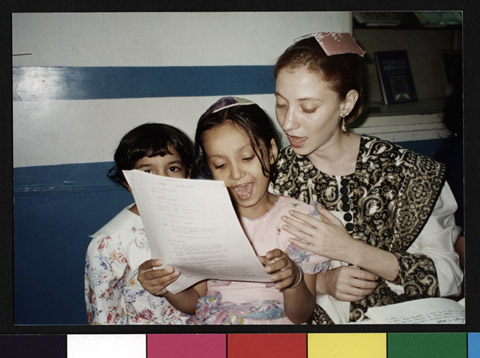
You can provide children with Passover-related puzzles such as word searches or crosswords. Remember that it’s important to keep the activities age-appropriate and engaging to ensure that children stay involved during the Seder.
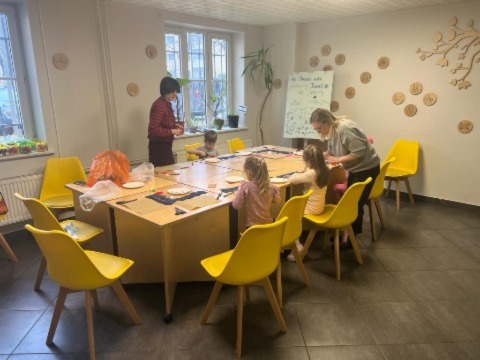
Another important part of the Seder is the prohibition against eating leavened bread or other leavened food during the eight days of the festival. This is to remember the fact that the Israelites did not have time to let their bread rise before they left Egypt. In addition to matzah, many traditional Passover foods include vegetables, meat, fish, and fruit.
In some Sephardic Jewish communities, it is customary to throw bags of leavened bread into the sea to symbolize the casting off of sin. Another interesting custom is adding an extra chair at the Seder table called “Elijah’s chair” reserved for the prophet Elijah, who is said to visit every Jewish home during Passover.
Reflecting
Passover is a time for reflection and renewal, as well as celebration. It is a time to remember the hardships of the past and to appreciate the freedom and blessings of the present. It is also a time to gather with family and friends, to share meals and traditions, and to pass on the stories and rituals of the holiday to future generations. However, as we gather around the Seder table this year, let’s not forget about those who may not have the means to celebrate, like the Ukrainian Jewish community who continue to live under threat and have done so for over a year and are struggling to put food on the table, let alone afford the special foods required for the Passover Seder.
This year, the JDC is doing the following to help the community in Ukraine.
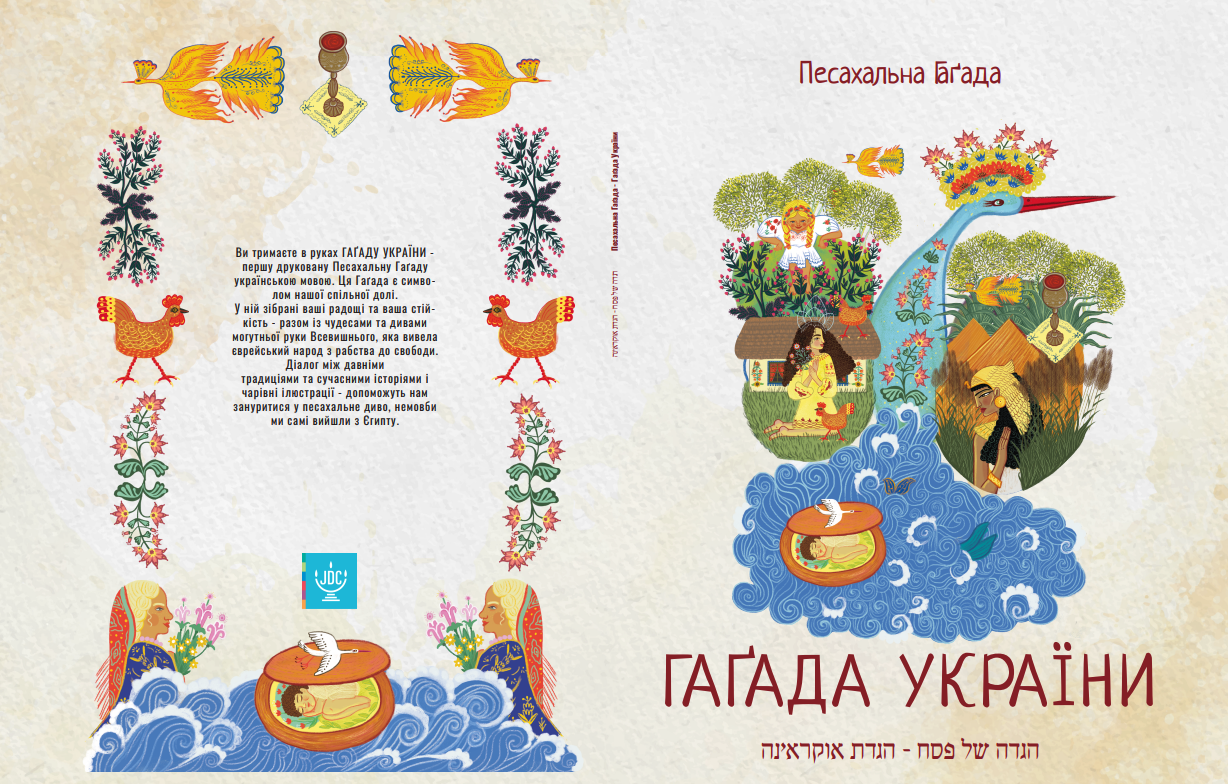
Bringing Passover Joy to Ukraine’s Jews
The holiday is often celebrated for eight days (seven in Israel) and incorporates themes of springtime, a Jewish homeland, family, remembrance of Jewish history, social justice, and freedom — including recognizing those who are still being oppressed today, like the Ukrainians that are still under fire after one year. For the first time ever, JDC produced a Passover Haggadah in Ukrainian. We will distribute 6,000 copies of this Haggadah to participants in JDC’s communal Seders in JCCs, Hesed Social Assistance Centers, and refugee facilities, and to community members hosting Seders in their homes. Seders for Internally Displaced Jews (IDPs): Thousands of Ukrainian Jews will be spending the holiday far from their former homes. JDC is organizing seders in IDP facilities – providing kosher food and community volunteers to lead the proceedings.
Thank You Holiday Packages for JDC Staff and Volunteers: Since the start of the crisis, JDC’s dedicated staff and volunteers have been on the ground, working round the clock to bring comfort and care to Ukraine’s most vulnerable Jews. Braving cold and danger, they continue to bring food and medicine, company, and light. This Passover, JDC is recognizing our selfless staff and volunteers with special holiday appreciation packages – chocolate matzah, kosher wine, dried fruit, and snacks – offering a sweet thank you to 1,000 volunteers and 650 staff for their tireless work. Joyous Celebrations in the Face of Crisis: Last year, Ukraine was still in shock when Passover arrived, less than two months after the start of the conflict. Though the crisis is still raging, this year, JDC is expanding Passover celebrations in Ukraine:
- Bringing together 380 older adults for intimate Passover Seders in the homes of their peers. The hosts are themselves older adults who, despite the suffering, anxiety, and uncertainty of the conflict, are willing to open their doors to celebrate the holiday in person with their friends.
- Giving out 50,000 boxes of matza to older adults, newly impoverished Jews, and other community members.
- Hosting 223+ Passover Seders – both online and in-person – for 10,000+ participants
- Running two weeks of online Passover programming, including a model seder in Ukrainian for over 500 elderly clients.
Easter and Passover: There are several similarities between Easter and Pesach, both celebrated in April. Let’s look at some:
- Both holidays have a focus on redemption and freedom. Easter celebrates the resurrection of Jesus Christ and the freedom it brings from sin, while Pesach commemorates the liberation of the Israelites from slavery in Egypt.
- Both holidays involve a special meal. On Easter, many families gather for a festive meal that often includes ham or lamb. On Pesach, Jews hold a Seder, a special ritual meal that commemorates the Exodus from Egypt and includes specific foods, such as matzah and bitter herbs.
- Both holidays have religious significance. Easter is one of the most important Christian holidays, celebrating the resurrection of Jesus Christ. Pesach is one of the most important Jewish holidays, commemorating the liberation of the Israelites from slavery in Egypt.
- Both holidays involve traditions and rituals that have been passed down through generations. Christians and Jews alike often observe these holidays with family and friends, following time-honoured customs and practices that have been handed down over the centuries.
What is the proper greeting for Passover?
Want to wish your Jewish friends a happy holiday? The greeting for Passover is simply “Chag Sameach!” (Happy Holidays) or “Chag Pesach Sameach!” (Happy Passover Holiday). In Hebrew, it’s “C hag Pesach kasher vesame’ach!” or “C hag kasher vesame’ach!
Get updates from The Joint & JDC
It’s the easiest way to keep up to date with all our latest news, events and fundraising activities.
© 2024 The Joint Australia | Partner of American Jewish Joint Distribution Committee, Inc


